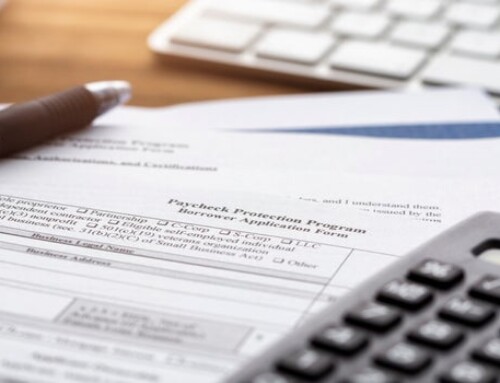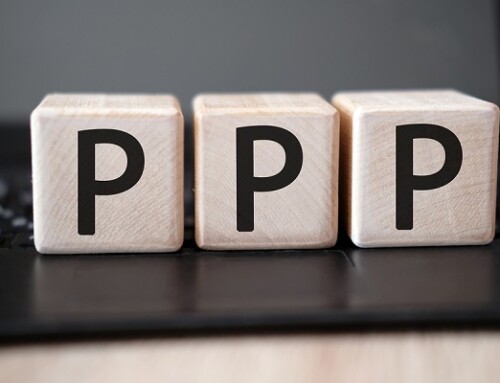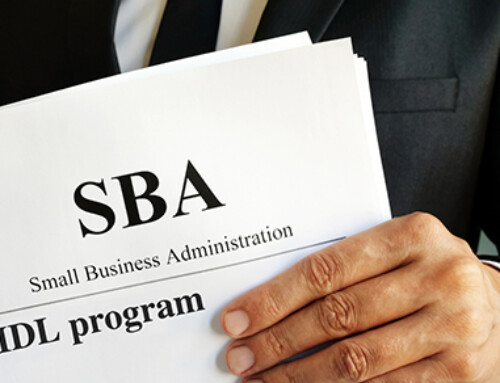As a casual gambler, you will pay less in taxes if you follow session reporting, because you net your activity for that day. Unfortunately, the only crystal-clear session advice from the IRS is on slot machines.
In Shollenberger, the court used the IRS Advice Memorandum 2008-011 on session reporting to find that Mr. and Mrs. Shollenberger entered the casino with $500, won a $2,000 jackpot, reinvested $400 from the jackpot in additional wagers, and left with $1,600, so their session income for that day was $1,100 ($1,600 -$500).
Without session reporting, income for this day would have been reported on the tax return as $2,000 of taxable income above the line and $900 in losses below the line as itemized deductions. This type of reporting causes more federal income taxes. So the solution for “paying less in taxes” is session reporting, as the court did for the Shollenbergers.
For the session rule, the Tax Court draws an analogy to the recovery of a capital investment in that you calculate the casual gambler’s gross income from a wagering transaction by subtracting the bets placed to produce the winnings, as found in:
- Green (practical difficulties of tracking the basis of each wager individually in a session of like play—stating that a tabulation of the amounts paid for chips less the amount paid to redeem chips would have served to verify the net win or loss figures)
- Szkircsak (it is impractical to record each separate roll of the dice or spin of the wheel)
The IRS has clearly established the per-session basis for reporting the winnings or losses from slot machines, as you see in the Shollenberger case above.
The slot machine session principles should apply to craps, roulette, horse races, and other gambling. In Szkircsak, the court made the point that it’s not practical to record each separate roll of the dice or spin of the wheel.
In applying the session rule, be strict with yourself on three fronts:
- First, be precise on the sessions themselves. Do not combine craps with roulette or other games. These are separate sessions.
- Second, be consistent in your session definition. For example, if you use the calendar day, stay with the calendar day for all session reporting. If you pick a 24-hour day that starts at 5:01 a.m., stick with that for all session reporting.
- Third, keep meticulous records.
If you have questions on session reporting, please don’t hesitate to contact us.





